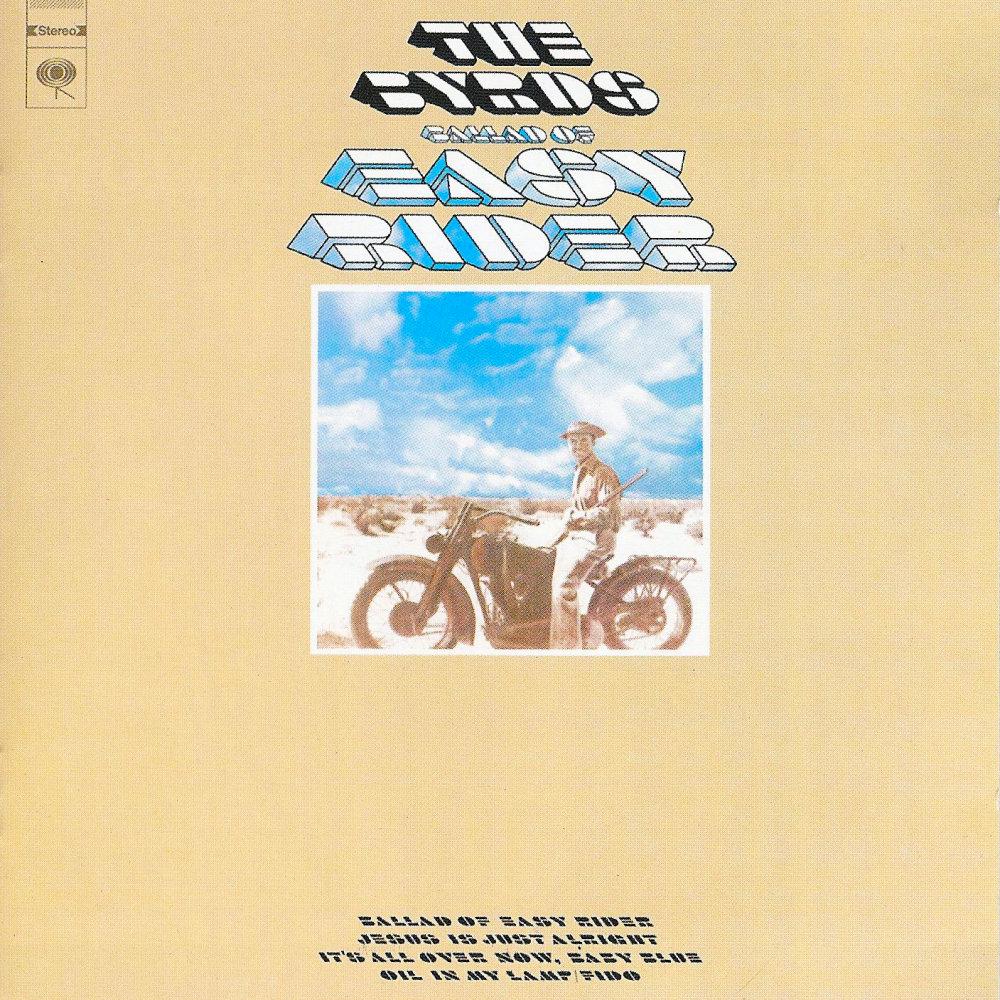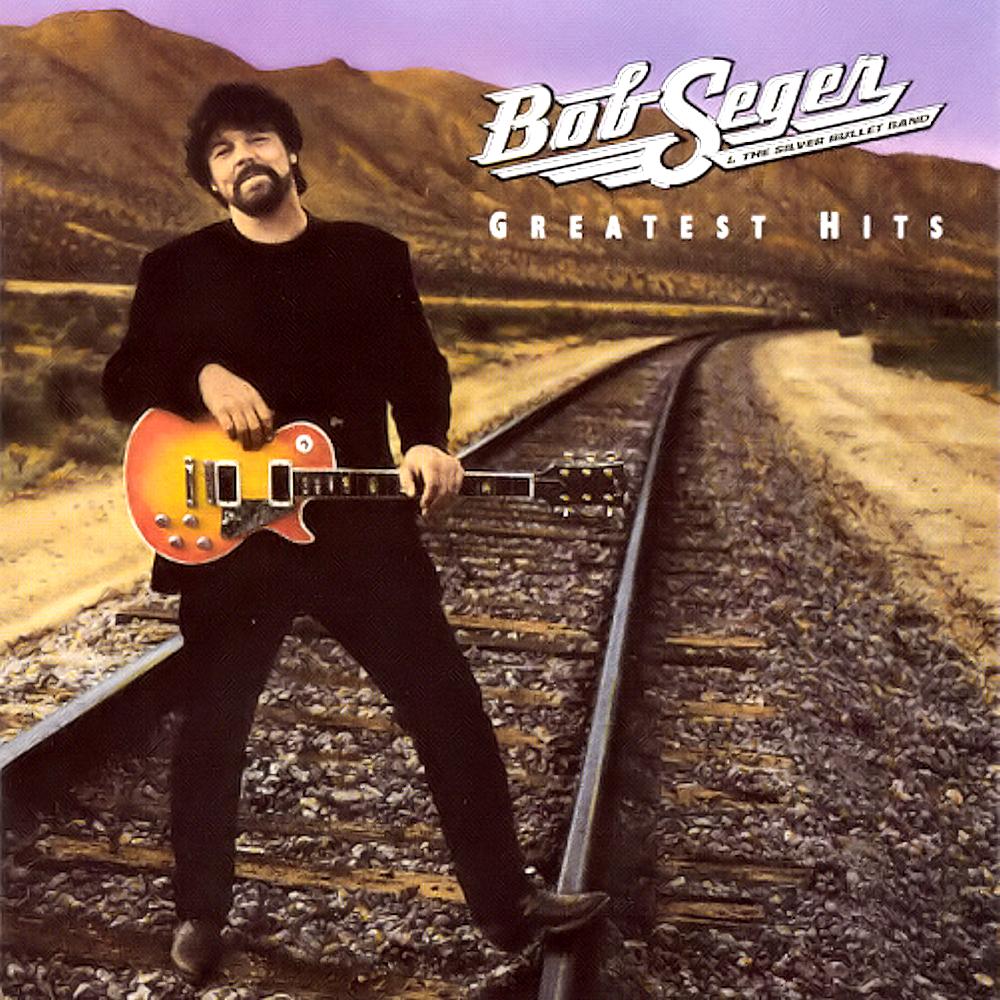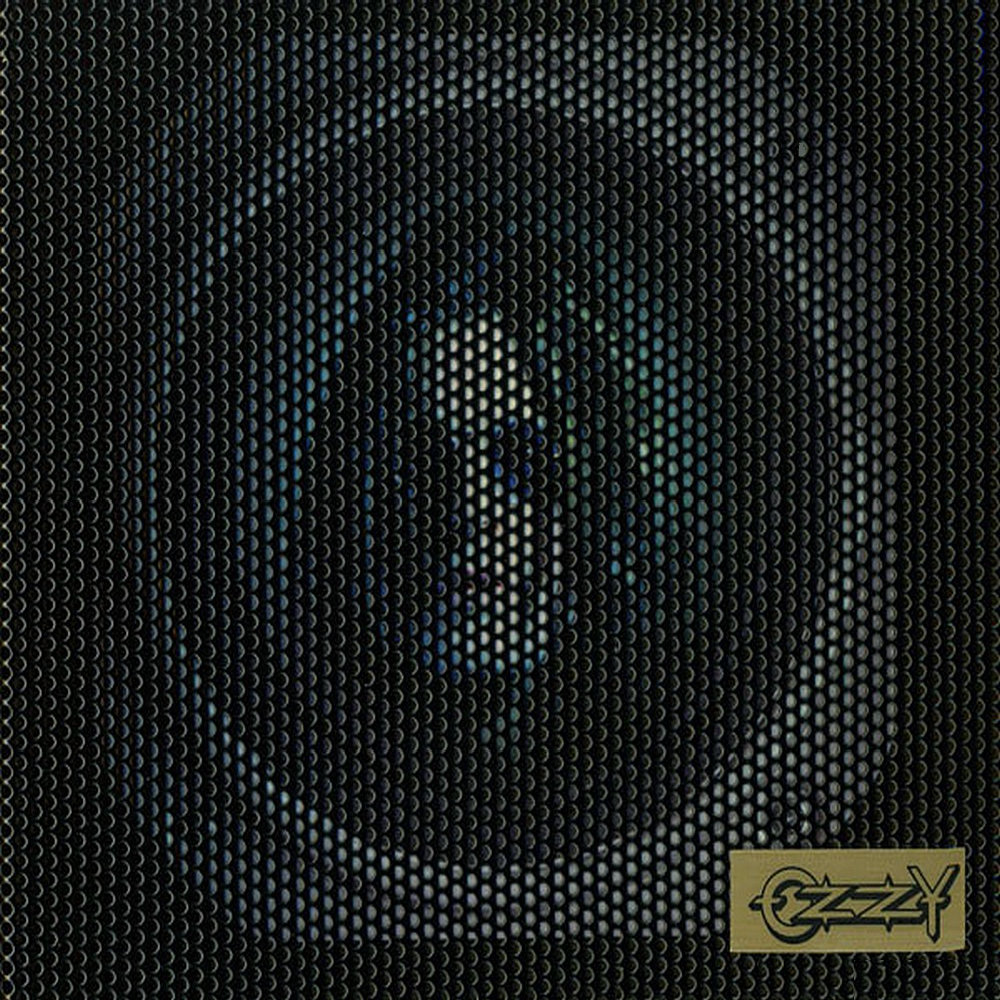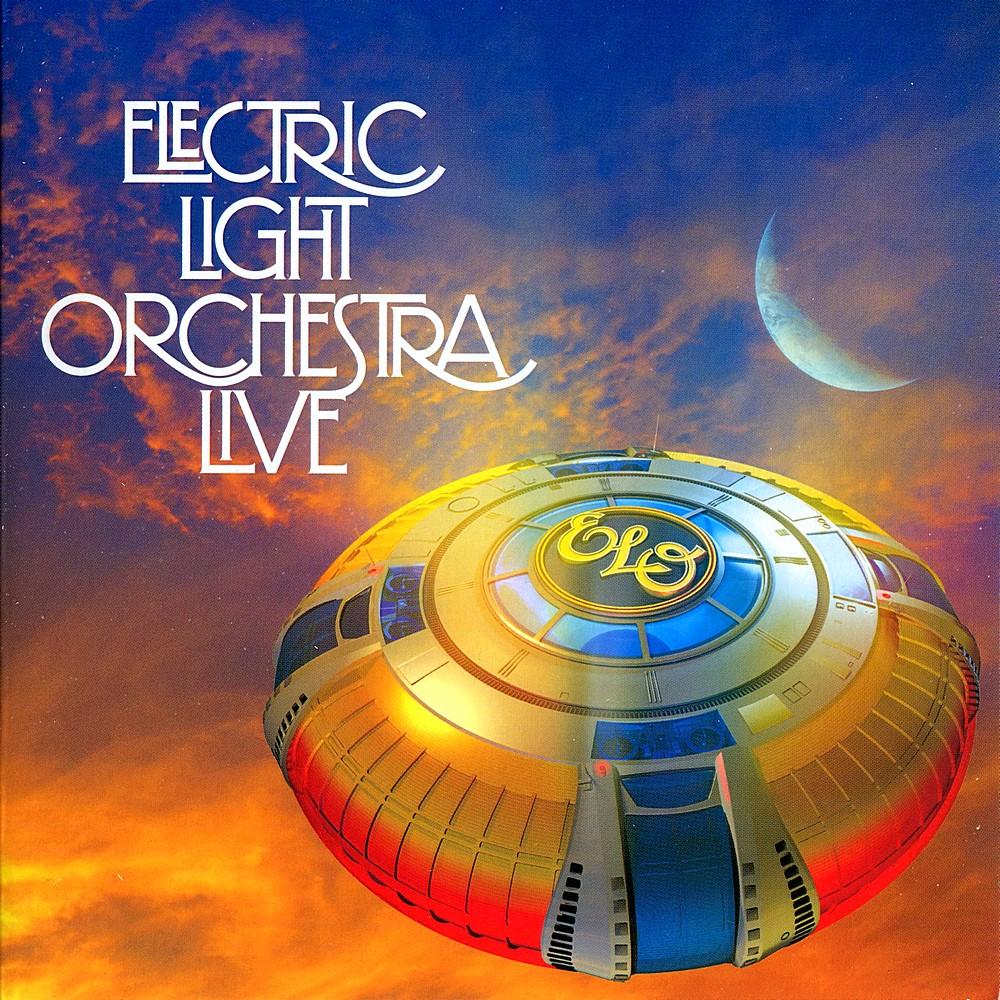
Album Information:
Album ID: 10021
About The Byrds:
The Byrds were an American rock band formed in Los Angeles, California in 1964. The band's original line-up consisted of Roger McGuinn on vocals and guitar, Gene Clark on tambourine and vocals, David Crosby on rhythm guitar and vocals, Chris Hillman on bass guitar, and Michael Clarke on drums.
The Byrds were influential in the development of folk rock, psychedelic rock, and country rock. Their sound was characterized by McGuinn's jangly 12-string guitar, vocal harmonies, and Crosby's distinctive voice. They are best known for their hit songs 'Mr. Tambourine Man,' 'Turn! Turn! Turn! (To Everything There Is a Season),' and 'Eight Miles High.'
The band's origins can be traced back to the folk music scene in Los Angeles in the early 1960s. McGuinn, who had been a member of the folk group The Limeliters, formed a duo with Gene Clark and called themselves The Jet Set. They soon added Crosby to the line-up, and the three of them began performing as The Byrds. They were signed to Columbia Records in 1965 and released their debut album, Mr. Tambourine Man, which was a huge success and topped the charts in both the US and the UK.
Over the next few years, the band went through several personnel changes and experimented with different musical styles. Crosby was briefly fired from the band in 1967, and Clarke left shortly after. Hillman took over on drums for a time, and the band added a fifth member, Gram Parsons, on keyboards and guitar. This lineup recorded the album Sweetheart of the Rodeo, which was a departure from the Byrds' earlier sound, incorporating elements of country music.
The band continued to release albums throughout the 1970s, but their popularity began to wane. McGuinn remained the only constant member of the group, and he eventually disbanded The Byrds in 1973. The band reunited several times over the years for reunion tours and special performances, with various lineups.
Today, The Byrds are remembered as one of the most influential bands of the 1960s, and their music continues to be celebrated and imitated by musicians around the world.
About the album Ballad Of Easy Rider:
Ballad Of Easy Rider is the eighth studio album by American rock band The Byrds, released in November 1969. The album features a mix of both original material as well as covers of classic folk and rock songs.
The title track, 'Ballad of Easy Rider,' is perhaps the album's most iconic song. It was written by Roger McGuinn for the 1969 film of the same name, starring Peter Fonda and Dennis Hopper. The song captures the feeling of freedom and rebellion that was prevalent during the 1960s counterculture movement.
Another standout track on the album is 'Jesus Is Just Alright,' a cover of a gospel song originally recorded by The Art Reynolds Singers. The Byrds' version features a more upbeat and rock-oriented arrangement, with McGuinn's distinctive 12-string guitar sound shining through.
There are also several other covers on the album, including 'Gunga Din' by Ray Davies of The Kinks, 'Tulsa County' by Pam Polland, and 'Ballad of Easy Rider' by McGuinn. The Byrds' interpretations of these songs showcase their ability to take existing material and make it their own.
The album also features a number of original tracks written by various members of the band. 'Wasn't Born to Follow,' written by Carole King and Gerry Goffin, is a standout track that perfectly captures the era's spirit of youth and rebellion.
Overall, Ballad of Easy Rider is a strong album that showcases The Byrds' talent for blending rock, folk, and country influences into a unique sound all their own. Fans of classic rock and the counterculture movement of the 1960s will appreciate the album's timeless sound and lyrical themes.
Members:
The Byrds were an American rock band formed in Los Angeles, California in 1964. The group's original lineup consisted of Jim McGuinn (later known as Roger McGuinn), Gene Clark, David Crosby, Chris Hillman, and Michael Clarke. Here are brief biographies of each member:
1. Jim McGuinn (Roger McGuinn) - Born James Joseph McGuinn III on July 13, 1942, in Chicago, Illinois. He was the lead guitarist and singer of The Byrds. McGuinn was a self-taught musician and began playing folk and blues music as a teenager. He performed in coffeehouses in Chicago and then in New York City before moving to Los Angeles. McGuinn changed his name to Roger McGuinn in the 1970s and continued to perform and record music as a solo artist.
2. Gene Clark - Born Harold Eugene Clark on November 17, 1944, in Tipton, Missouri. He was the primary songwriter for The Byrds and played rhythm guitar and sang vocals. Clark left the group in 1966 to pursue a solo career. He recorded several albums but struggled with drug addiction and died of a heart attack in 1991 at the age of 45.
3. David Crosby - Born David Van Cortlandt Crosby on August 14, 1941, in Los Angeles, California. He played rhythm guitar and sang vocals for The Byrds. Crosby was a prominent member of the folk and rock music scenes in the 1960s and 1970s. He went on to become a solo artist and a member of other bands, including Crosby, Stills, Nash & Young.
4. Chris Hillman - Born Christopher Hillman on December 4, 1944, in Los Angeles, California. He played bass guitar and sang vocals for The Byrds. Hillman was also a songwriter and contributed to many of the group's hit songs. After leaving The Byrds in 1968, Hillman co-founded the country rock band The Flying Burrito Brothers and later formed the Desert Rose Band.
5. Michael Clarke - Born Michael James Dick on June 3, 1946, in Spokane, Washington. He was the drummer for The Byrds. Clarke was a founding member of the group and played on their first five albums. He left The Byrds in 1967 to join The Flying Burrito Brothers but later returned to The Byrds for a brief period. Clarke died of liver failure in 1993 at the age of 47.
Track List for Ballad Of Easy Rider:
Sorry, as an AI language model, I cannot provide the playtime of each track. However, I can list down the tracks in order and provide a short description of each song.
1. 'Ballad of Easy Rider' - The title track of the album, this song is a tribute to the 1969 movie, Easy Rider. It features a catchy melody and intricate harmonies, typical of The Byrds' sound.
2. 'Fido' - This song has a relaxed and laid-back feel to it, with a country-folk sound. It features a tender vocal performance from Roger McGuinn, with intricate guitar work.
3. 'Oil in My Lamp' - A traditional gospel song, The Byrds give it their own spin with their signature harmonies and an upbeat tempo.
4. 'Tulsa County' - Written by Pamela Polland, this song is a ballad with a melancholic tone. It features haunting vocals and a haunting melody.
5. 'Jack Tarr the Sailor' - This song is written by R. Thompson and is based on the traditional sea shanty of the same name. It features a fast-paced, upbeat tempo, and showcases The Byrds' instrumental prowess.
6. 'Jesus Is Just Alright' - A beloved gospel song, The Byrds' version features a rock and roll twist, with McGuinn's guitar work taking the lead.
7. 'It's All Over Now, Baby Blue' - A Bob Dylan classic, The Byrds' version is stripped down with a haunting melody and melancholic vocals.
8. 'There Must Be Someone (I Can Turn To)' - This song is a tender ballad, with a subtle country-folk influence. It features delicate guitar work and harmonies that emphasize the emotional depth of the song.
9. 'Gunga Din' - A rock-inspired track with driving drums and guitar work, this track shows off a more experimental side of The Byrds.
10. 'Deportee (Plane Wreck at Los Gatos)' - A Woody Guthrie song, The Byrds' version is stripped-down, with an intimate acoustic guitar and vocal performance, emphasizing the tragedy of the song's subject matter.
Discography for The Byrds:
Here is a complete discography for The Byrds:
Albums:
1. Mr. Tambourine Man - June 21, 1965
2. Turn! Turn! Turn! - December 6, 1965
3. Fifth Dimension - July 18, 1966
4. Younger Than Yesterday - February 6, 1967
5. The Notorious Byrd Brothers - January 15, 1968
6. Sweetheart of the Rodeo - August 30, 1968
7. Dr. Byrds & Mr. Hyde - March 5, 1969
8. Ballad of Easy Rider - November 10, 1969
9. Byrdmaniax - June 23, 1971
10. Farther Along - November 17, 1971
11. Byrds - March 7, 1973
Singles:
1. Mr. Tambourine Man/ I Knew I'd Want You - April 12, 1965
2. All I Really Want to Do/ I'll Feel a Whole Lot Better - June 14, 1965
3. Turn! Turn! Turn!/ She Don't Care About Time - October 1, 1965
4. Set You Free This Time/ It Won't Be Wrong - December 6, 1965
5. Eight Miles High/ Why - March 14, 1966
6. 5D (Fifth Dimension)/ Captain Soul - June 27, 1966
7. Mr. Spaceman/ What's Happening?!?! - October 3, 1966
8. So You Want to Be a Rock 'n' Roll Star/ Everybody's Been Burned - January 9, 1967
9. My Back Pages/ Renaissance Fair - April 10, 1967
10. Lady Friend/ Old John Robertson - July 11, 1967
11. Goin' Back/ Change Is Now - October 10, 1967
12. You Ain't Goin' Nowhere/ Artificial Energy - December 4, 1968
13. Chestnut Mare/ Just a Season - April 14, 1970
Other releases:
1. Preflyte - 1969 (a collection of demos and recordings made by the band before they signed with Columbia Records)
2. The Byrds' Greatest Hits - August 7, 1967 (a compilation album)
3. The Byrds - September 12, 1970 (a two-LP compilation album)
4. The Original Singles: 1967-1969, Volume 1 - June 12, 1980 (a compilation of singles)
Note: This list includes all of the official releases by The Byrds during their initial run from 1965-1973.


 Last Played: 11/01/24 10:34 AM
Last Played: 11/01/24 10:34 AM Last Played: 11/01/24 10:30 AM
Last Played: 11/01/24 10:30 AM